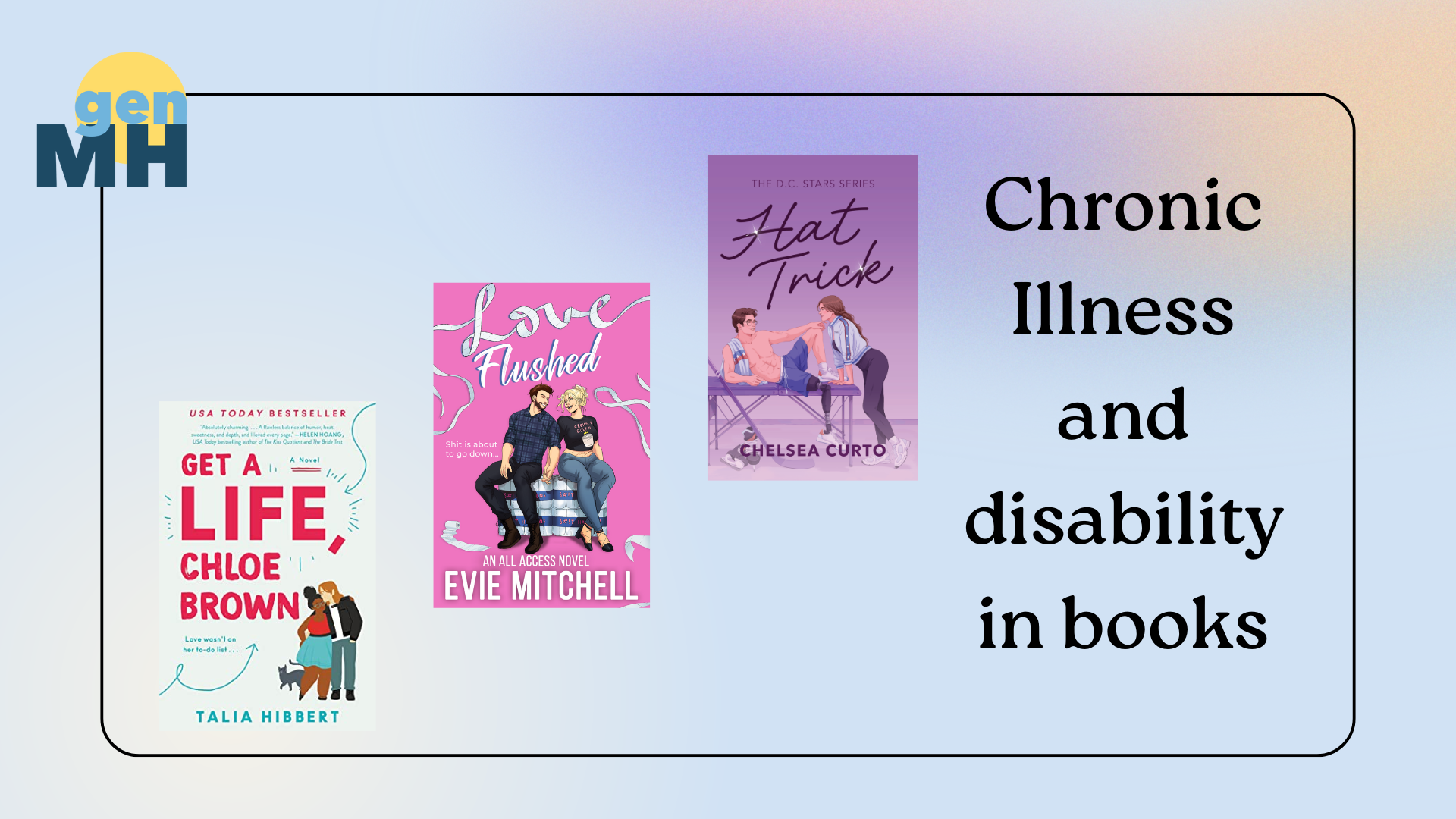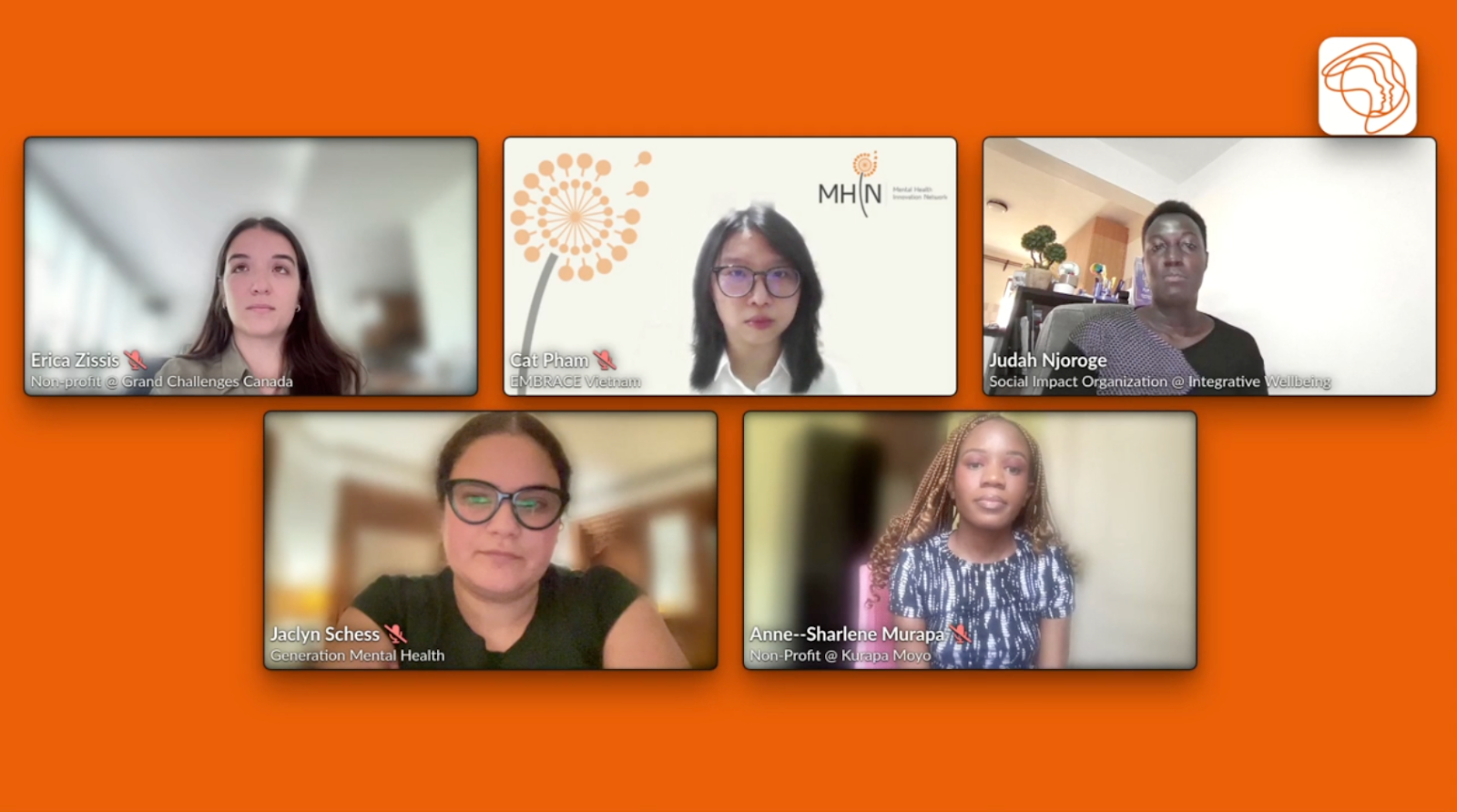Sobbing without support: a tale of pandemic ‘living experience’
Sharing an unfiltered introspection into my living experience, and revisiting my complex post-traumatic stress.
I lay in bed listening to classic music and playing Grand Theft Auto on the Xbox with fragile watery eyes drenched in the relational trauma of someone I dated, my family, my own Queer community and the mental health service system designed to support us here in Australia.
The wave of hopelessness, helplessness and anguish is compounded by the grief of concluding a relationship, whereby this person demanded there was no point in reconnecting or wishing me 'all the best'. After having fallen in love after five years of avoiding relationships – you can imagine my emotional response. A trigger to my diagnosis of Complex Post Traumatic Stress Disorder characterised by emotional regulation issues relating close relationships.
I have been hurt by the people I love throughout my life, mostly family and the occasional partner. Whether abuse, neglect or complete abandonment I have learnt not to trust people as intimacy and closeness has been an unsafe space for me.
The Pandemic has escalated isolation through my natural support systems collapsing and a strained mental health service system . A system that is poorly equipped to deliver trauma informed assessment and intervention; leaving me repeating the same 13 traumatic stressors occurring this past month, triggering childhood issues of complex grief and trauma.
I seek support from family, but this presents its own complex feelings. A father driven by guilt and enabling me to become the caregiver of my younger siblings – I choose not to speak with him to make a point, having lost my main source of support due mixed feelings of love and hate.
I trusted someone I loved – and was once again neglected, treated like an object and thrown to the wolves of suicidal thoughts, intent and plans. This time I know I am unwell, and make the call to an online suicidal call back service over the weekend whilst uncontrollably sobbing under the pillow in my bed so that my housemate can’t hear. There’s a part of me that wants to take that same fate as my mother, but know I have my own destiny so I share my distress, feeling alleviated from the distraction of conversation and shared humanity through empathy and validation.
The pandemic has come at a time when my mental and emotional health is at its strongest, my resilience cultivated through many months of previous hospitalisation and rehabilitation. This means I feel again – associated with my emotions once again – I feel pain, anguish and sorrow. I feel anger, rage and revenge. I feel the impact its had on me through this slowing down of life.
The pandemic has brought the best and worst out in my emotional self, for that I have grown and found renewed hope. The road is long, and the healing is slow. But with my best friend, I share and cry and grieve and relive pain. Thank you my Angel, I would not be alive without your support throughout the pandemic. Your connection, validation, advocacy and support helps me to trust humanity once more. Thank you for your dose of hope.
If you are struggling through this difficult period, please check our crisis page , which includes a range of country-specific mental health resources.





